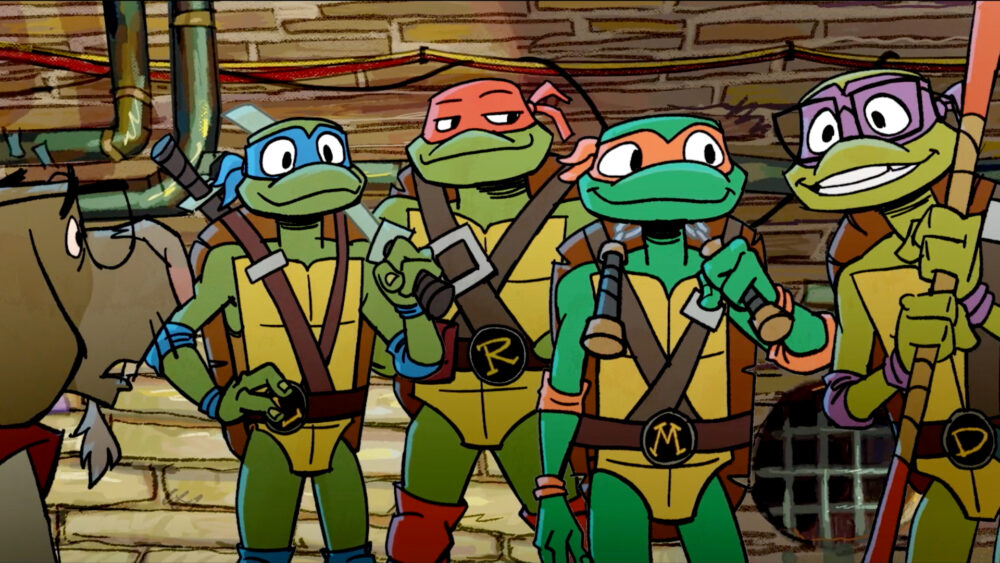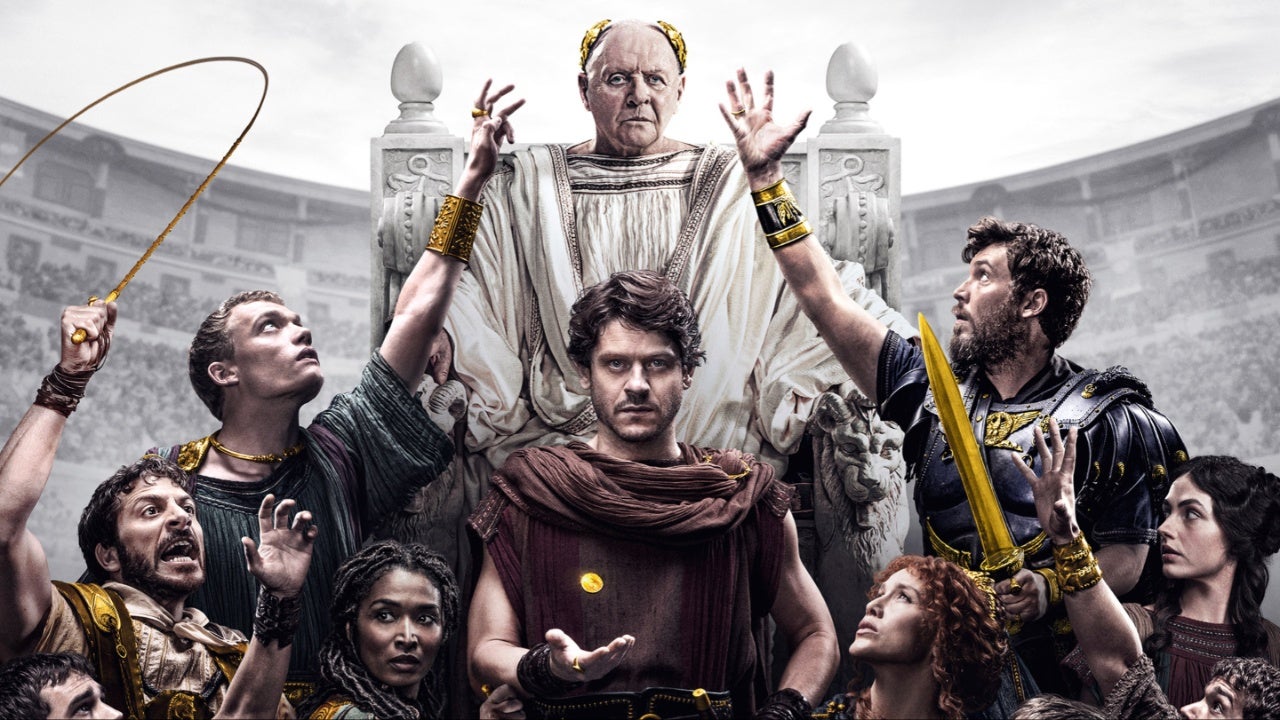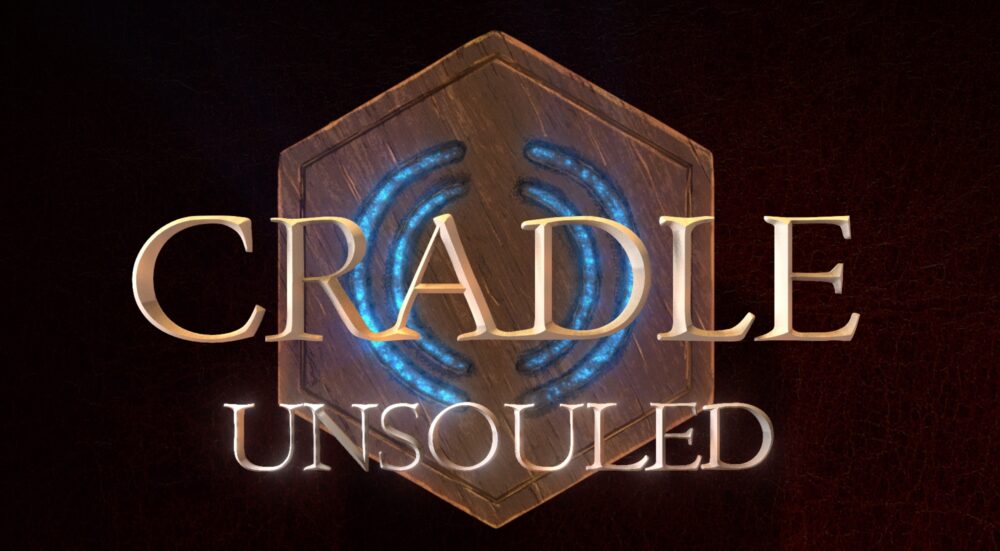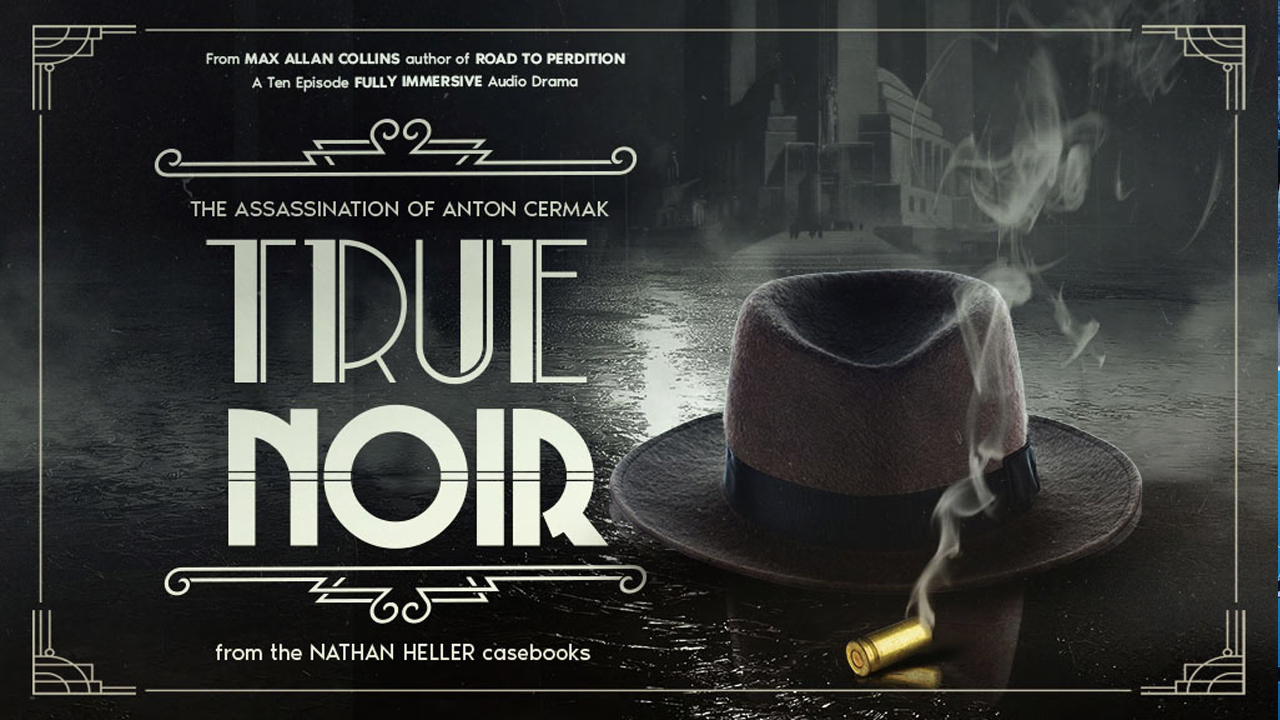We live in a time when mobile technology and WiFi, Nikes and Christian Louboutins, video games, and a fast-paced urban lifestyle are often prized above the simpler things in life. But what if making a beeline back to our earthy origins could be the answer to more happiness and balance; and better health and vitality?
According to studies conducted on the benefits of making direct contact with the earth through the bottoms of our bare feet, a practice called “Earthing,” our bodies become grounded, similarly to the way we ground cable wires before installing them in our homes. Grounding our bodies by walking barefoot directly on the earth’s natural surface (sidewalks, backyard decks and asphalt don’t count) has been shown to improve mood and sleep patterns, clear free radicals from the body, infuse us with antioxidants and reduce overall inflammation. Earthing helps prevent free radicals from attacking and damaging our body’s healthy tissues, thereby helping us to heal.
In 2005, electrical engineer and electrostatic discharge expert Roger Applewhite published a study in the journal, European Biology and Bioelectromagnetics, that confirmed a significant fact: when the body is grounded, electrons move from earth into the body and vice versa. “This effect is sufficient to maintain the body at the same negative-charge electrical potential as the earth.” In other words, for our bodies to thrive at their greatest potential, they require a direct connection with the earth on a daily basis.
After having an opportunity to screen a documentary film titled, The Earthing Movie, directed and produced by Sundance Award-Winning filmmakers Josh and Rebecca Tickell, I began my own “earthing” journey. Though I am still a newbie at this practice, I now carve out time to walk or stand barefoot on grass, soil or sand (any natural earth surface) at least once a day for 15 minutes or longer to ground my body. I plant my feet firmly on the earth’s surface as if it is my own personal charging station, and it feels amazing!
I recently had the opportunity to sit down with actresses Mariel Hemingway and Amy Smart about their decision to take part in The Earthing Movie, and to learn more about their journeys with the daily practice of earthing, and the positive impact it has had on both of their lives.
Allison Kugel: What were the circumstances in each of your lives when you first heard about the practice of earthing?
Mariel Hemingway: I’d been [earthing] for a long time, not realizing I was doing it. Ten years ago, I met my life partner, Bobby, and he was always taking his shoes off when we were hiking. We eventually wrote a book together, called Running with Nature (Changing Lives Press). When I think about my history, I can remember times that I was anxious, and when I would go outside and take my shoes off near a river or on a trail, I was actually earthing and grounding myself. I just didn’t know what I was doing at the time. Once upon a time, kids were barefoot all the time. That was how we grew up in the seventies. Nobody wore shoes where I come from (Hemingway was raised in Idaho).
Amy Smart: For me, I had struggled with vertigo and feeling kind of “out of it,” and ungrounded. I realized that I had a sensitivity to EMFs (Electro-Magnetic Fields). I was mostly feeling it from my cell phone. I was also sensing it from my security system that I had installed in my house. I started doing research and one of the solutions was earthing or getting grounded. I started practicing it; putting my bare feet in the ground, and my body started to feel more balanced.
Allison Kugel: As I watched this documentary that you’re both in, The Earthing Movie, which really spoke to me by the way, I was lamenting the fact that I live in a community where they’re always dropping all kinds of chemicals on the grass. It makes you a little paranoid to walk in the grass barefoot.
Mariel Hemingway: I completely understand, and that’s a big issue. We have a dog park here in Idaho where we spend our summers, and there’s a designated dog park here that doesn’t use any chemicals. It’s amazing that I can walk barefoot out there. Earlier today, I took a hike up some pretty hardcore hills, and I did the entire uphill part barefoot.
When I’m in L.A. or on the road, I want to ground my body, but I don’t want to take in all those chemicals through my feet. There is grounding therapy, where you can sleep on grounding mats and things like that. But, of course, the outdoor practice of earthing to ground your body is much more effective in my opinion. It’s the real deal, and it’s profound.
Amy Smart: If you are living in a place that has all these pesticides and herbicides, maybe you can dig up a 3×3 ft section of ground and let that area be clean ground that you can stand on barefoot to recharge your body.
Allison Kugel: I had this big majestic tree in my backyard in Florida, and people thought I was crazy because every day I would go outside and hug my tree. To me, that is also a form of earthing. The tree is rooted in the earth and you’re wrapping yourself around the tree. When I would hug this tree, I could feel the life force inside the tree. I could feel the tree kind of swelling with appreciation and love. I could also feel myself becoming more centered.
Mariel Hemingway: Yes, one hundred percent! That is exactly what I used to do. People used to think I was completely nuts.
Allison Kugel: Mariel and I are both tree huggers! When you remember that everything on this planet is connected, it all makes sense.
Mariel Hemingway: And trees are powerful. I think trees are alive. There is no question that they are. They stick around far longer than we do. It goes far beyond our current awareness.
Amy Smart: Aside from health benefits, I think it takes you back to the joy and simplicity of childhood. That’s where kids are the happiest. Climbing trees, running barefoot in the grass, or just barefoot running around on the beach; anywhere in nature with their feet on the ground and playing. That’s what I do almost every morning. We’ll all walk outside and do some earthing. First thing in the morning, we have a tall glass of water and we all go outside and just put our feet on the ground for a few minutes.
Allison Kugel: I liken earthing to plugging your cell phone into its charger. The earth’s surface is our natural charging station. The man who discovered the scientific health benefits of grounding our bodies through the practice of earthing, his name is Clint Ober.
Mariel Hemingway: An amazing man!
Amy Smart: Clint recommends earthing for at least fifteen minutes a day, I believe, according to the studies that were done for treating inflammation. But even a few minutes a day is better than nothing.
Allison Kugel: It’s remarkable to me that Clint originally discovered that humans needed grounding by being a cable television wire installer and learning how to ground wires.
Mariel Hemingway: We are made up of electricity. That’s why when you’re a little kid and you rub yourself on the carpet and then you touch your friend, you can shock them. We have three thousand pores under our feet, and we absorb the energy, or the electricity, from the earth. The frequency of the earth goes into our body and those electrons are released.
Now, when you wear rubber soled shoes and you’re not ever getting grounded, there is no way for those electrons that build up in the body to release themselves. There is supposed to be a constant flow of energy. When you can release the buildup of electrons, then your body releases the inflammation. Inflammation is a result of the body not being able to release all those different frequencies; all that electricity.
Amy Smart: And, like with anything, it’s an accumulation over time. Because we are electrical beings, we really respond to any kind of electrical stimulus. And because the frequency of the earth is exactly where our bodies need to be, it makes complete sense, putting our bare feet on the earth and letting that magnetic field restructure our body the way it’s supposed to be lined up.
Allison Kugel: One thing in the film I found so interesting was that the rise in popularity of rubber soled shoes keeps us from properly grounding ourselves on the earth. Here I am walking around in my sneakers all day, thinking it’s great for my feet and posture, which in some ways it is, but not for grounding my body.
Mariel Hemingway: In the film, Clint Ober talks about the fact that prior to P.F. Flyers (an early rubber soled sneaker, made popular in the 1960s), we were probably like animals and grounded most of the time. We either had leather soled shoes or moccasins. When we didn’t have rubber at the bottom of our feet we were connected. In our current technical and very modern world, it’s why sometimes being able to use a grounding mat to help eliminate some electric and magnetic fields is necessary. There are ways to kind of trick yourself into being in a natural state when you can’t be literally connected to nature.
Amy Smart: The invention of synthetic rubber and plastics in shoes have taken us away from just being on the earth, sleeping on the earth, and using the earth to heal our bodies. One hundred years ago we’d have been in much more contact with the earth on a daily basis. Even going back to the soil we had before and all this fertilization and industrialization has depleted it; I equate that to our bodies becoming depleted because we’ve lost our connection with the magnetic field and the energy of the earth.
Allison Kugel: What are some other benefits that you’ve personally both noticed with your body, mind and spirit from regularly grounding yourselves?
Mariel Hemingway: I sleep unbelievably well. My mind doesn’t race at night anymore. I have a tremendous amount of energy. My mood is never poor. If I feel anxious, if I go sit outside or I just sit on the grass for a bit, it pulls it out of me. We come from the earth. The more we connect back to it, the better we will be. We live in a world where every day we’re pulled further and further away from that connection. My mission is to make people realize how important it is to reach back towards nature. To see the benefits of what’s natural, and what’s free. We think that we are not part of nature, but we are.
Amy Smart: As far as symptom improvement, I definitely feel more grounded. I feel more balanced. I feel more clarity. There is a sense of calmness that I feel when I do my earthing, and it lasts throughout the day.
Allison Kugel: Mariel, you are a lot like me in that you have to be continually cognizant of the energy that surrounds you in order to stay balanced. Of course, with the Hemingway family background, mental health is always something you have had to be aware of. In my book (Journaling Fame/Mill City Press), which talks about healing from an anxiety disorder, I mention that I am always having to monitor the energy that surrounds me, just out of survival.
Mariel Hemingway: You have to! People will say to me, “Oh, it must be so hard,” and I’m like, “No, it’s just who I am.” I know what I come from. I know that I can be a depressed person if I don’t watch how I live my life. So, I watch what I eat, what I drink. I don’t drink alcohol. I watch what I do because I know where I come from. And I know what my propensity for sadness is. Like you, I know that my environment has to be specific. I don’t think of it as a problem. I just think of it as my life path.
Amy Smart: For my part, you hear about so many people in corporate America that sort of burn out and they then go and live on an organic farm. Or they leave the technology world and they have to get back to a simple, living-off-the-land kind of place where they can begin to thrive again.
Allison Kugel: Mariel, I would imagine that at one point in your life, you might’ve had a fear that you would be susceptible to committing suicide, because of the Hemingway family legacy with substance abuse, depression and suicide. Do you still carry that fear?
Mariel Hemingway: I one hundred percent did carry that fear. That used to be a big fear of mine, for many years, well into my early forties. After meeting Bobby (Hemingway’s life partner) and getting on this path of really understanding the body from a deep level, and making all those connections; food, water, earthing, meditation and plugging them all together, I am truly a happy person and I do not fear mental illness or suicide anymore.
Allison Kugel: Amy, what is your take on keeping yourself balanced in body, mind and spirit?
Amy Smart: Wellness doesn’t come from just one specific change. For me, it’s a bunch of small changes that add up. But I absolutely believe that earthing is critical and crucial for well-being and for balance within my mind and body. When you bring your kids outside, even if they were in a crappy mood, the minute they are outside running around barefoot, their mood is just uplifted and they’re happier and more playful. Kids are the perfect experiment to see their mood shift the minute they are outside barefoot. We can learn a lot from them in that way.
Allison Kugel: Wouldn’t it be interesting if there would come a time where, just like we have dog parks, where there could be designated earthing parks where people can reconnect with nature and ground their bodies by walking barefoot?
Mariel Hemingway: Actually, Clint [Ober] and I are working on that very thing. There are places in Europe, this is how behind we are in America, that have that. They have barefoot walks and barefoot parks. It makes so much sense. We are working on trying to make deals with some parks to make barefoot parks.
Amy Smart: There are already some parks that say they are child-friendly or earth-friendly. I think if we could just make more of those and prioritize that, because we don’t want our kids or our dogs, or us, running around on land that is full of chemicals. That’s why it is so amazing to go into different cities that understand that we need to rip up the concrete and create more healthy green spaces.
Allison Kugel: Will The Earthing Movie make its way to Netflix?
Mariel Hemingway: We want the film to be free for everybody. I believe soon there will be places where you can have events and where the movie will be shown. But it will be somewhere online where everybody can get it for free. I would love for Netflix to have it on their docket. The topic of earthing is super interesting, and it’s been scientifically proven. It’s not just “woo woo.” And trust me, I’ve done a lot of “woo woo” stuff!
Allison Kugel: (Laughs) I brought up Netflix because I’ve noticed for myself, and from talking to so many other people, that Netflix has been bringing some incredible information about health and wellness to the masses through documentaries.
Mariel Hemingway: It’s true. We used to just give our power away to the man in the white coat. We didn’t question it and we just did what he said. That time has come and gone, and it will never turn back. Medical schools are going to have to get on board with training people about preventative medicine. We are some of the best in the world when it comes to emergency medical care. But when it comes to preventative health care, we’re terrible.
Allison Kugel: I think on some level doctors are afraid that if you come to them with a problem, and they say to you, “Go walk in the grass, eat a plant-based diet and meditate,” you’re going be like, “Well, what do I need you for?” I think that’s a genuine fear doctors have.
Amy Smart: The medical schools are in the business of illness, not the business of wellness, and they are taught a certain protocol on how to treat someone. In a lot of cases, it’s lifesaving and it helps. In some cases, it masks the illness and it doesn’t really deal with the root cause. The term, “alternative medicines,” like Ayurveda or the Chinese medicine that are not the typical western medicines, have been working profoundly for centuries. I think the right question to ask is, “How can we incorporate both modalities, or multiple modalities, to see how we can treat somebody in a holistic way, versus one way or another?”
Allison Kugel: When we think of the word “grounding,” a lot of times we look at it figuratively. But the practice of earthing is quite literally, electrically, grounding yourself.
Amy Smart: Yes. For me, personally, it was learning that I wasn’t going to be on my cell phone as often. It was practicing going on the grass every day or at the beach, putting my feet barefoot in the ground. I was turning off my WIFI at night. It’s been a combination of things that really helped me, literally, ground myself. Because we are electrical beings, we really respond to any kind of electrical stimulus. And because the frequency of the earth is where our bodies need to be, it makes complete sense, putting our bare feet on the earth and letting that magnetic field restructure our body the way it’s supposed to be lined up.
Mariel Hemingway: It’s also spiritually grounding. I think our world wants us to be wrapped up in whatever narrative it is pushing on us. Grounding yourself creates a sense of, “Oh, I’m really here.” It creates a sense of presence.
Allison Kugel: Why should people watch and share The Earthing Movie?
Mariel Hemingway: Number one, because it’s available right now to everyone for free. Number two, we all have parents. Whether our parents are old or whether they are middle-aged they are likely dealing with some form of inflammation and chronic illness. Everybody has somebody they care about who needs this information. Right now, we are a country, we are a world, that is inundated with inflammatory diseases from cancer and heart disease to arthritis and diabetes, to name a few…
Amy Smart: People value things when they are in a place of discomfort. If your life’s fine, you’re not going to really want to make any changes and you may not be open to new information. But the minute you feel unwell, and you’re uncomfortable, that’s when you search out something to make you feel better. We are now living in a time where so many people are unwell on so many different levels. Earthing is a simple and critical way to help yourself to feel well. Making direct contact with the earth with your bare feet is free, and it’s something everyone should know about. It’s a really important component of our wellness.
Visit EarthingMovie.com to learn about the earthing movement and to find out how you can host a screening of The Earthing Movie, starring Deepak Chopra, Amy Smart, Mariel Hemingway, “Earthing” pioneer Clint Ober; and Sundance Award-Winning filmmakers, Josh and Rebecca Tickell.

Events
New Arthur C. Clarke’s Venus Prime TV Series Details Revealed at Comic-Con International Panel
Volume Global, in association with Navajo Entertainment, Claxson Media, Fun Republic Pictures, Karma Film, Julijette, Palatin Media, and Washington Square Entertainment, presented the highly anticipated adaptation of Arthur C. Clarke’s Venus Prime to an enthusiastic crowd at Comic-Con International in San Diego.
The panel, titled ‘Jonathan Frakes unveils ‘Arthur C. Clarke’s Venus Prime’ TV series,’ took place on Thursday, July 25th, at the San Diego Convention Center as part of Comic-Con International’s 2024 lineup.
Moderated by Comic-Con mainstay and legend Gary Miereanu, the panel featured special virtual appearances from director and Executive Producer Jonathan Frakes (Star Trek: First Contact, Star Trek: Strange New Worlds, The Librarians), and Executive Producer Lucas Vivo Garcia Lagos (Franklin: Historia de un Billete, Pacto de Sangre, Psiconautas), while the Emmy-nominated Co-Showrunners David Cormican (Tokyo Trial, Northern Rescue, ShadowHunters) and Dwayne Hill (Northern Rescue, Peg + Cat, Mean Girls), shared the stage with Miereanu along with fellow Executive Producer and Volume Global’s Michael Hamilton Wright (Hostile Takeover, King of Killers).
Fans of the bestselling book franchise were treated to an in-depth discussion about the upcoming TV series adaptation based on the books by sci-fi legend and Academy Award®-nominated screenwriter Sir Arthur C. Clarke (2001: A Space Odyssey) and author Paul Preuss who was also in attendance at the panel. The filmmakers explained their decision to use virtual production to bring this ambitious scripted series to life. Attendees who secured a seat received a Comic-Con exclusive, limited edition, numbered series poster featuring artwork by celebrated comic book cover artist Raúl Allén.
The filmmakers also previewed an exclusive sneak peek teaser, including a 30-second logo reveal clip. Emmy-award nominated Isabella ‘Machine’ Summers (Little Fires Everywhere; also of Florence and the Machine fame), was announced as the composer for the clip’s score, with an unreleased track entitled “Poetry.” The sneak peek will be made available by the producers to those not in attendance on the official YouTube page for the
Additionally, the team revealed the title of the series pilot episode: “Set Motus Est” (Latin meaning: Set in motion), and announced that the official filming location would be carried out in virtual production on the world’s second-largest LED virtual production wall and largest in Canada, located in Regina, Saskatchewan, in partnership with Volume Global and Creative Saskatchewan.
“I’m no Kubrick, but I will do my best, I promise you”, shared Frakes in his message to fans. “We hope to be showing it to you next year at San Diego Comic-Con”.
A special announcement was also made by Frakes regarding a worldwide open casting call to discover the lead role of Sparta, with details for interested actresses available on Volume Global’s dedicated casting website (www.vgcasting.com). The filmmakers echoed Frakes’ invitation for fans to join them at next year’s Comic-Con for the world premiere of the series.
“Sci-fi has been a very big part of my world since I can remember,” added Executive Producer Lucas Vivo García Lagos. “At age 16, I read Venus Prime for the first time and couldn’t help but fall in love with the character of Sparta, her fragility, and the quest for her identity — a skillful combination between mystery, action, and love”.
The Venus Prime novels, originally published between 1987 and 1991, were re-issued with new cover artwork by Vanessa Maynard in 2021 by J. Boylston & Company Publishers. The series began with the release of Breaking Strain, the first novel in the Venus Prime franchise, nearly 35 years ago. Alan Morell of Creative Management Partners serves as Senior Advisor to Claxson, Washington Square Entertainment and J. Boylston & Company Publishers and negotiated the rights deal for the producers and publisher.
Interviews
Comic-Con 2024: Max Collins’s TRUE NOIR
Events
Paramount+ Reveals Official Main Title Sequence for the Upcoming Series TALES OF THE TEENAGE MUTANT NINJA TURTLES

During the TALES OF THE TEENAGE MUTANT NINJA TURTLES panel earlier today at San Diego Comic Con, Paramount+ revealed the official main title sequence for the series. The sequence is composed by EMMY® nominee, Matt Mahaffey, known for his work on Sanjay and Craig, Rise of the Teenage Mutant Ninja Turtles, and Rise of the Teenage Mutant Ninja Turtles: The Movie and much more.
From the studios of the Mutant Mayhem film, the all-new Paramount+ original series TALES OF THE TEENAGE MUTANT NINJA TURTLES explores the adventures of everyone’s favorite pizza-loving heroes as they emerge from the sewers onto the streets of NYC. Leo, Raph, Donnie and Mikey are faced with new threats and team up with old allies to survive both teenage life and villains lurking in the shadows of the Big Apple. The series is produced by Nickelodeon Animation and Point Grey Pictures.
TALES OF THE TEENAGE MUTANT NINJA TURTLES is executive produced by Chris Yost (The Mandalorian, Thor: Ragnarok) and Alan Wan (Blue Eye Samurai, Rise of the Teenage Mutant Ninja Turtles, Teenage Mutant Ninja Turtles [2012 Series]). Production is overseen for Nickelodeon by Claudia Spinelli, Senior Vice President, TV Series Animation, Nickelodeon, and Nikki Price, Director of Development and Executive in Charge of Production.
In addition to the upcoming new series, stream all things Turtles on Paramount+.
-

 Interviews2 days ago
Interviews2 days agoInterview With Heroes & Villains Creative Director Doug Johnson
-

 Streaming2 days ago
Streaming2 days agoApple TV+ announces season two for delightful kids and family series “Camp Snoopy
-

 Events2 days ago
Events2 days agoThat’s My E Coverage Of The Adult Swim’s Pirate Parrrty
-

 Events23 hours ago
Events23 hours agoParamount+ Reveals Official Main Title Sequence for the Upcoming Series TALES OF THE TEENAGE MUTANT NINJA TURTLES
-

 Events1 day ago
Events1 day agoDISNEY+ CASTS DANIEL DIEMER AS FAN-FAVORITE ‘TYSON’IN SEASON TWO OF “PERCY JACKSON AND THE OLYMPIANS”
-

 Events1 day ago
Events1 day agoComic-Con 2024: Those About to Die Activation
-

 Interviews1 day ago
Interviews1 day agoComic-Con 2024: Will Wight’s Cradle
-

 Interviews4 hours ago
Interviews4 hours agoComic-Con 2024: Max Collins’s TRUE NOIR


